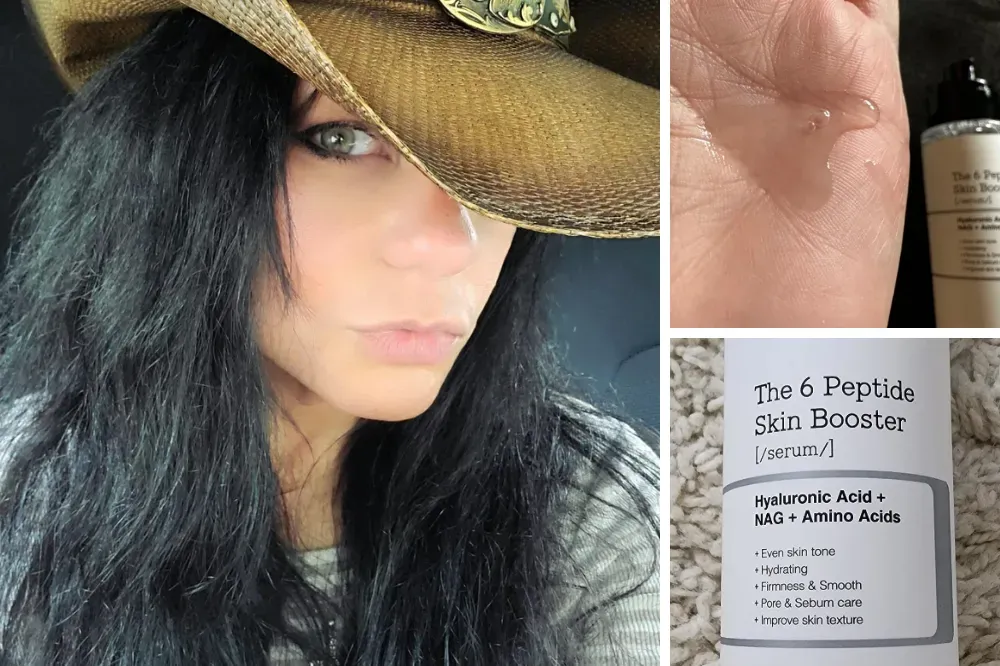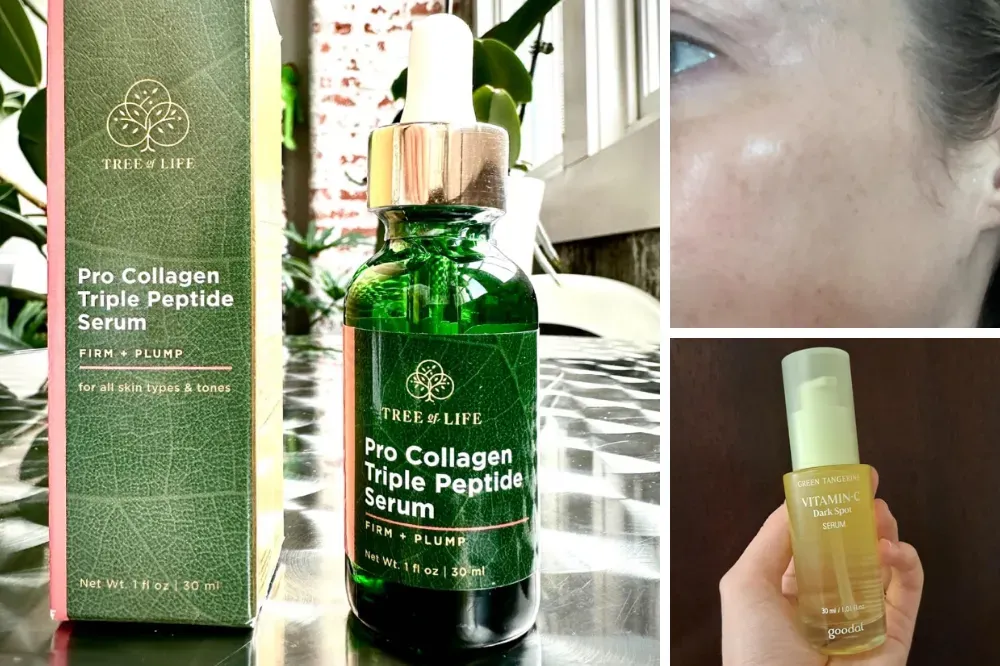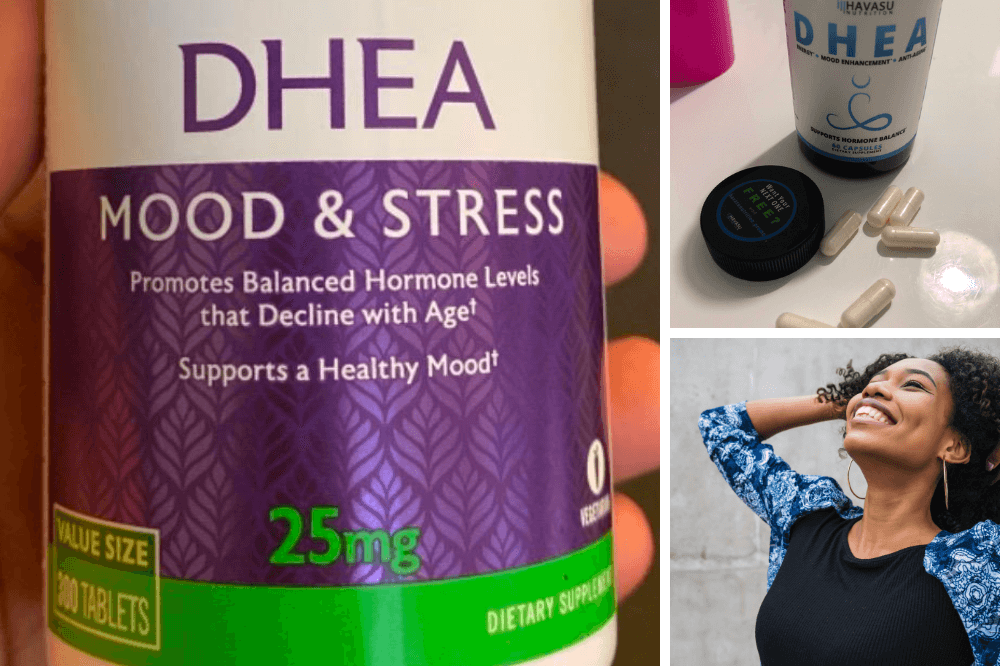I. Introduction
Peptides are short chains of amino acids that serve as the building blocks of proteins such as collagen, elastin, and keratin. These proteins are the foundation of your skin and contribute to its texture, strength, and resilience. As we age, our bodies produce less and less of these vital proteins, leading to wrinkles, loss of firmness, and other signs of aging. This is where peptides come in.
In skincare, peptides are used for their ability to tell the skin to produce more collagen. They work by tricking your skin into thinking it's lost collagen recently and needs to make more. The result? Firmer, younger-looking skin.
However, while peptides can be a powerful ally in your skincare routine, they need to be used correctly to get the most benefit. Certain ingredients can interact negatively with peptides, reducing their effectiveness or even causing skin irritation. That's why it's vital to know what not to mix with peptides when planning your skincare regimen.
II. Understanding Peptides

Peptides are short chains of amino acids, often described as the building blocks of proteins. They play a crucial role in numerous biological functions, including skin health. When applied topically as a part of your skincare routine, peptides have the potential to send signals to cells, promoting collagen production and other processes that are vital for maintaining youthful, healthy skin.
The Benefits of Peptides for Skin Health
Research has shown that peptides can offer significant benefits for skin health. They can stimulate collagen production, which is essential for maintaining skin elasticity and reducing the appearance of wrinkles. Peptides also help strengthen the skin barrier, protect against environmental damage, and even hydrate the skin by preventing moisture loss.
Several studies suggest that peptides can effectively improve overall skin health while reducing the effects of aging. In fact, daily oral supplementation with certain types of peptides, combined with vitamins and other bioactive compounds, has been found to improve skin elasticity.
Different Types of Peptides
There are several types of peptides used in skincare products, each with unique benefits:
- Copper Peptides: These peptides are known for their wound-healing abilities. They stimulate collagen and elastin production and promote the removal of damaged collagen and elastin from the skin.
- Signal Peptides: These peptides signal skin cells to produce more collagen, elastin, and other proteins that keep the skin firm and healthy.
- Carrier Peptides: These peptides deliver trace elements, such as copper and magnesium, which help heal wounds and stimulate collagen production.
- Enzyme inhibitor peptides: These peptides slow down the natural breakdown of collagen in the skin, helping to preserve its youthful appearance.
- Neurotransmitter Peptides: Also known as Botox-like peptides, they help reduce the appearance of wrinkles by inhibiting muscle contraction.
Understanding the different types of peptides and their unique roles in skin health can guide you in choosing the right products for your skincare routine.
III. Common Skincare Ingredients That Should Not Be Mixed with Peptides
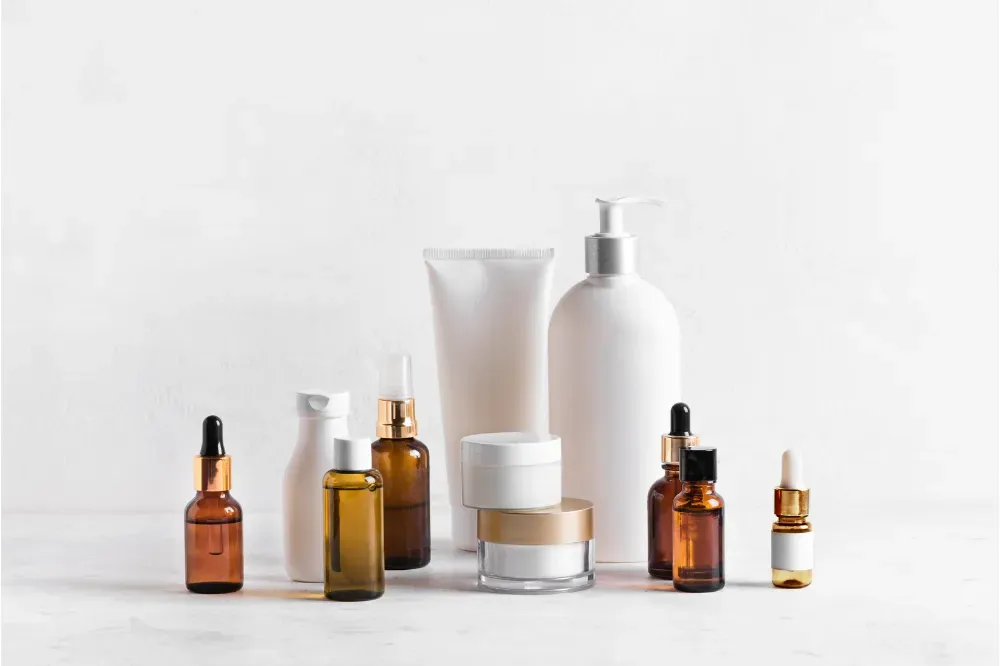
Salicylic Acid
Salicylic acid is a popular ingredient in skincare due to its ability to penetrate the lipid layers of the skin, exfoliate dead cells, and unclog pores. It's widely used in products aimed at combating acne. However, it's not advisable to mix salicylic acid with peptides. While there isn't direct research on their interaction on human skin, studies on plant cells suggest that salicylic acid can influence the activity and post-translational modifications of peptides. This could potentially alter the efficacy of peptides when used in conjunction.
Alpha Hydroxy Acids and Beta Hydroxy Acids
Alpha hydroxy acids (AHAs) and beta hydroxy acids (BHAs) are popular exfoliating agents used to remove dead skin cells and reveal a brighter complexion. They work by loosening the bonds between skin cells, allowing for easier removal. However, the low pH required for these acids to function effectively can destabilize peptides and render them less effective. Therefore, it's best to use these ingredients at different times or even on alternating days.
Vitamin C
Vitamin C is a potent antioxidant that protects the skin from free radical damage, stimulates collagen production, and brightens the complexion. However, it's generally not recommended to mix vitamin C with peptides. Like AHAs and BHAs, the acidic environment needed for vitamin C to be effective can destabilize peptides.
Benzoyl Peroxide and Glycolic Acid
Benzoyl peroxide is a powerful acne-fighting ingredient that works by killing the bacteria that cause acne. Glycolic acid, a type of AHA, works to exfoliate the skin and is often used to treat acne, skin dullness, and wrinkles. However, both benzoyl peroxide and glycolic acid can potentially cause skin irritation, particularly when mixed with peptides. It's recommended to use these ingredients separately to avoid potential skin irritation.
IV. Potential Risks and Side Effects of Mixing Wrong Ingredients with Peptides
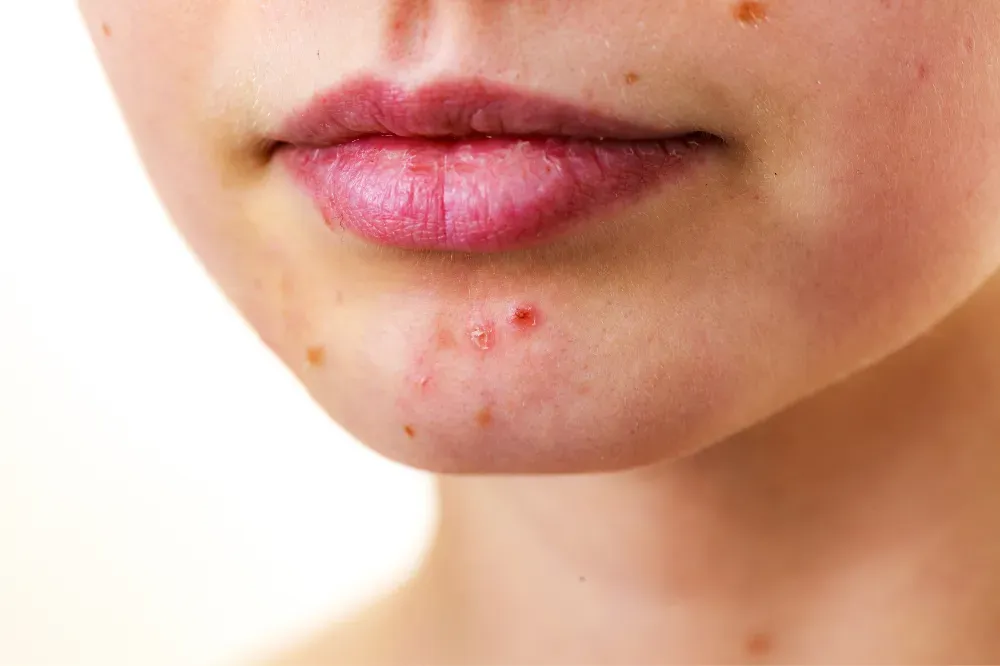
Skin Irritation
When peptides are mixed with other potent skincare ingredients, the combination can sometimes lead to skin irritation. This is particularly true for individuals with sensitive skin. For example, mixing peptides with benzoyl peroxide or glycolic acid, both used in acne treatment, can potentially cause irritation. Additionally, certain combinations could result in a false positive response linked to skin sensitization.
Decrease in Product Efficacy
Mixing peptides with certain ingredients can also decrease their efficacy. As previously discussed, the acidic environment required for Vitamin C, AHAs, and BHAs to be effective can destabilize peptides. Another concern arises from the use of falsified peptides or wrong active pharmaceutical ingredients (API), which can lead to decreased product efficacy.
Excessive Dryness
Certain ingredient combinations can lead to excessive dryness and disrupt the skin barrier. For instance, both salicylic acid and benzoyl peroxide have drying properties and, when combined with peptides, could potentially exacerbate skin dryness. This can lead to a compromised skin barrier, making the skin more susceptible to damage and dehydration.
In conclusion, while peptides can offer significant benefits for skin health, it's crucial to be mindful of what you mix them with. Always consult with a dermatologist or skincare professional if you're unsure about combining ingredients in your skincare routine.
V. Recommended Skincare Routine with Peptides

Morning Routine
Incorporating peptides into your morning routine is a great way to start your day. After cleansing your face, consider applying a peptide serum. These serums often contain a blend of peptides and hydrating ingredients, offering the perfect balance for daytime use. Following the serum, apply a moisturizer to lock in hydration and create a protective barrier on the skin. Lastly, always end your morning skincare routine with sun protection. A broad-spectrum sunscreen will help protect your skin from harmful UV rays, which can break down collagen and elastin in the skin.
Evening Routine
The evening is an ideal time to incorporate peptides into your skincare routine. After removing makeup and cleansing, apply a peptide-rich product. This could be a specialized peptide serum or a moisturizer that contains peptides. Since the skin's repair processes are most active at night, using peptides in the evening can help maximize their collagen-boosting benefits. Follow this up with a moisturizer, if you haven't already used one, and an eye cream if desired.
Alternating Days
If you're using potentially irritating ingredients like retinol or acids (AHAs, BHAs), it may be beneficial to use these on alternate days to peptides. This strategy helps to avoid potential skin irritation and ensures that each ingredient can work effectively without interfering with each other. For instance, you might use retinol or an acid exfoliant on one night, and a peptide serum the next. Always remember to monitor your skin's response and adjust your routine as needed.
In conclusion, peptides can be easily incorporated into both your morning and evening skincare routines. However, when using them alongside other active ingredients, it's important to be mindful of potential interactions and adjust your routine accordingly.
VI. Expert Advice

While peptides are generally safe to use, it's always best to heed expert advice when incorporating them into your skincare routine. Board-certified dermatologists often recommend using peptides due to their benefits, including boosting collagen production and improving skin health.
One such expert, Dr. Joshua Zeichner, a board-certified dermatologist based in New York City, emphasizes the importance of peptides in skincare. He states, "Peptides are cell-communicating ingredients that can stimulate collagen production and have antioxidant effects". However, he also advises caution when mixing peptides with other active ingredients to avoid potential skin irritation or decreased product efficacy.
Furthermore, Dr. Dendy Engelman, a dermatologic surgeon at Manhattan Dermatology and Cosmetic Surgery, highlights the importance of using peptides safely. She recommends, "Always do a patch test before incorporating a new product into your routine. Apply a small amount on your inner forearm for a few days to see if you experience any adverse reactions".
In terms of peptide use, experts also discuss the potential for therapeutic applications of peptides in treating various conditions. However, these applications require rigorous testing and regulatory approval to ensure safety and efficacy.
In conclusion, while peptides can offer significant benefits for skin health, it's crucial to heed expert advice and conduct a patch test before incorporating new products into your skincare routine.
VII. Conclusion
The world of skincare is complex and ever-evolving, with peptides emerging as a powerful player for their collagen-boosting and skin-rejuvenating properties. However, it's crucial to understand what not to mix with peptides to maximize their benefits and avoid potential risks such as skin irritation, decreased product efficacy, and excessive dryness.
While this article provides general advice on using peptides, remember that everyone's skin is unique. What works for one person may not necessarily work for another. Therefore, it's essential to monitor your skin's response and adjust your skincare routine as needed.
Even though peptides are generally safe to use, some combinations can lead to unexpected reactions. This is especially true when peptides are mixed with other potent skincare ingredients like benzoyl peroxide, glycolic acid, or salicylic acid. Moreover, the acidic environment required for Vitamin C, AHAs, and BHAs can destabilize peptides, reducing their effectiveness.
To conclude, peptides are an exciting addition to modern skincare routines, offering a range of benefits from anti-aging to skin healing. However, understanding how to use them safely and effectively is key to achieving optimal results. Always consult with a skincare professional or board-certified dermatologist for personalized advice on incorporating peptides into your skincare routine.
FAQs
Can I use peptides with vitamin C?
While both peptides and vitamin C are beneficial for skin health, they usually work best at different pH levels. Vitamin C requires a low pH (acidic environment) to be effective, whereas peptides prefer a higher pH (more neutral environment). Therefore, using them at the same time may not provide optimal results. Consider using peptide and vitamin C serum at different times of the day or on alternate days.
Can I mix peptides with retinol?
Peptides and retinol can be used together; however, it's important to monitor your skin's response as both are potent active ingredients. Using them on alternate days might be a safer approach to avoid potential skin irritation.
Can I use peptides with acids like AHAs and BHAs?
Like vitamin C, AHAs and BHAs work best in an acidic environment that might destabilize peptides. It's recommended to use these ingredients separately, such as one in the morning and the other in the evening, or on alternate days.
Are there any side effects of peptides?
Peptides are generally well-tolerated and safe for most skin types. However, as with any skincare product, they can cause reactions in some people, including redness, itching, or irritation. Always perform a patch test before incorporating a new product into your routine.
Should I consult a dermatologist before using peptides?
Yes, when introducing a potent ingredient like peptides into your skincare routine, it's helpful to consult with a skincare professional or board-certified dermatologist. They can provide personalized advice based on your skin type and concerns.
Can I use hyaluronic acid with peptides in my skin care routine?
Yes, you can use hyaluronic acid with peptides, as they both work synergistically to provide hydration and improve skin texture.
Can one apply peptides after exfoliating the skin?
It is recommended to wait for a while after exfoliating before applying peptides. This is because freshly exfoliated skin can be more sensitive, and applying peptides immediately might cause irritation.
What is the importance of peptides in a skincare routine?
Peptides are essential ingredients for providing various benefits to the skin. It can soothe inflammation, stimulate skin renewal, and reduce fine lines and wrinkles.
Can using peptides cause uneven skin tone?
Peptides do not cause uneven skin tone. However, if you have freshly exfoliated skin, it is advisable not to use peptides directly as they can cause skin irritation.
